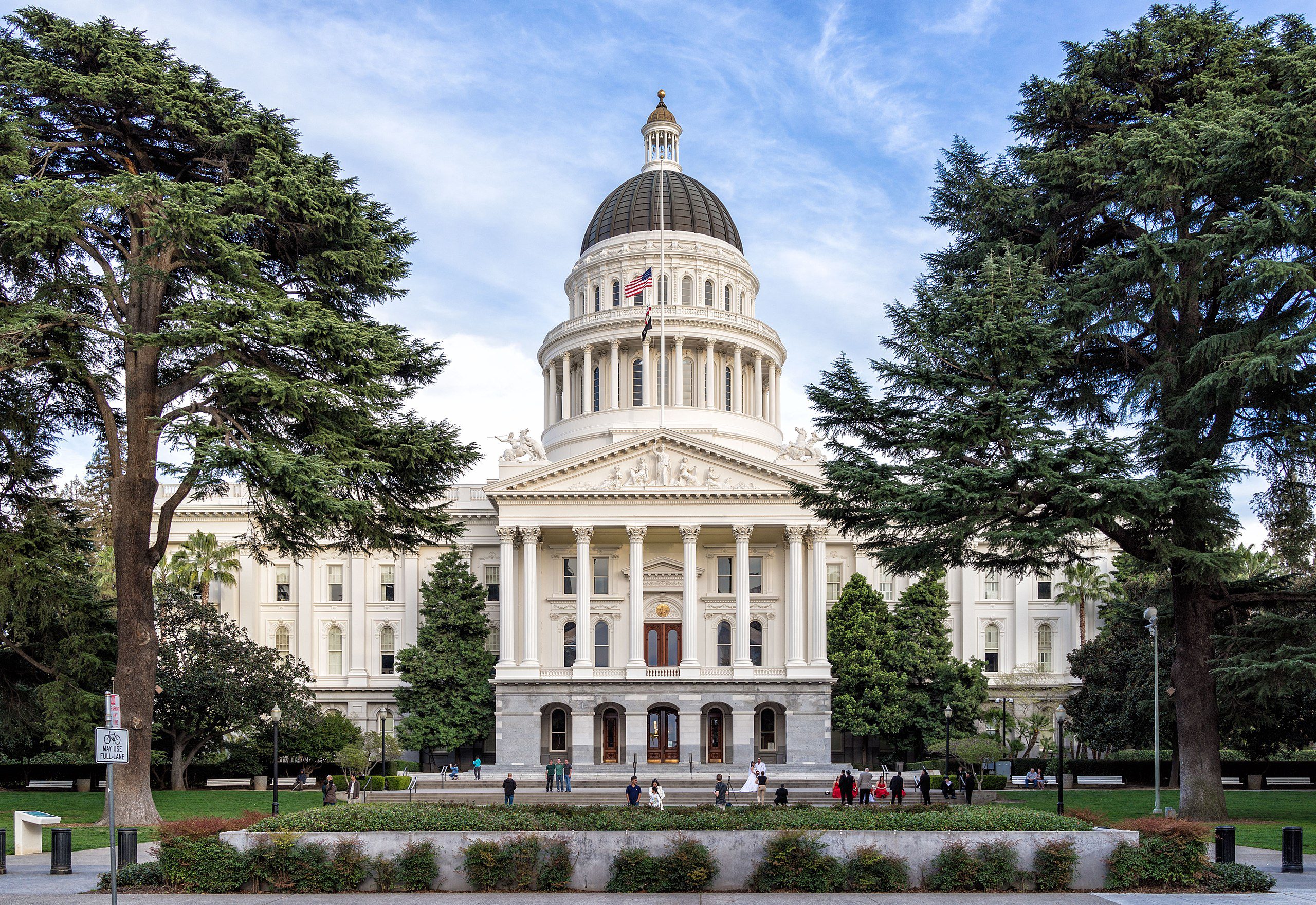
Scenic America strongly opposes California Assembly Bill 770, legislation that would amend the state’s existing Outdoor Advertising Act to allow billboards to be built and supported with stronger structural materials. Although these additional features may seem insignificant, this legislation would weaken regulatory safeguards that protect scenic beauty throughout California.
Assembly Bill 770 would allow billboard owners to justify major structural rebuilding as “maintenance,” therefore avoiding environmental review even if new materials are used or if the structure is in a fragile natural area. As a result, California’s environmental and scenic protections would be at risk. The difference between maintenance and rebuilding is important. AB 770 blurs that line, allowing billboard companies to do major construction without public review or local input.
The “maintenance” of these billboards will also require a large consumption of materials, most of them requiring the removal of vegetation around the area. Additionally, digital signs leave a large carbon footprint with their electronic requirements, as well as contributing to light pollution. Fewer billboards could lead to a decrease in resource consumption, waste production, and environmental strain.
The bill would also introduce public safety loopholes. When structural rebuilds are approved without thorough safety or environmental standards, it raises the risk of hazardous conditions in high-risk zones including fire-, earthquake-, or wind-prone areas, all where billboard failures can be deadly.
The bill would also lead to a loss of local governmental control by limiting how cities and counties can regulate billboard construction. Localities that would seek to limit or remove billboards would have their decisions open to being overruled by the state.
Cities and states spend a lot of money, often millions of dollars, on managing billboard rules including zoning and maintenance regulations, leading to an economic burden. While billboards are often sold as an economic opportunity for cities, they mostly benefit big national or global companies, not local businesses. Because of that, they do not really support local economic growth and can even hurt it. On the other hand, places that have banned billboards often see an increase in economic activity from tourism since cleaner, more scenic areas tend to draw in more visitors and business.
Billboards, especially those with digital enhancements, provide a constant risk to driver and pedestrian safety. In a 2020 review of twenty-seven independent studies, it was proven that outdoor advertising mechanisms intentionally pull drivers’ attention away from the roadway. This leads to preventable accidents, especially in combination with difficult driving conditions such as inclement weather, complex road patterns, and busy intersections.
Finally, billboards are ugly, period. Large outdoor signage often dominates the landscape and overwhelms one from the rest of a town’s natural surroundings. AB 770 threatens scenic beauty the most: extending the lifetime of billboards will heavily diminish the natural identity of communities everywhere. Scenic America stands against AB 770 for the preservation of California’s long-lasting environmental, safety, and scenic standards.